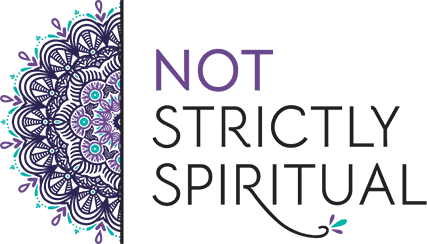I've always been drawn to Dorothy Day. Maybe it's the powerful combination of her words and actions. I think more so it's my awe for someone who's able to do ...
Tag Archive:
Catholic Worker
With Thanksgiving right around the corner, I got to thinking back to the first Thanksgiving Dennis and I spent as a married couple. We had moved to Austin ...
